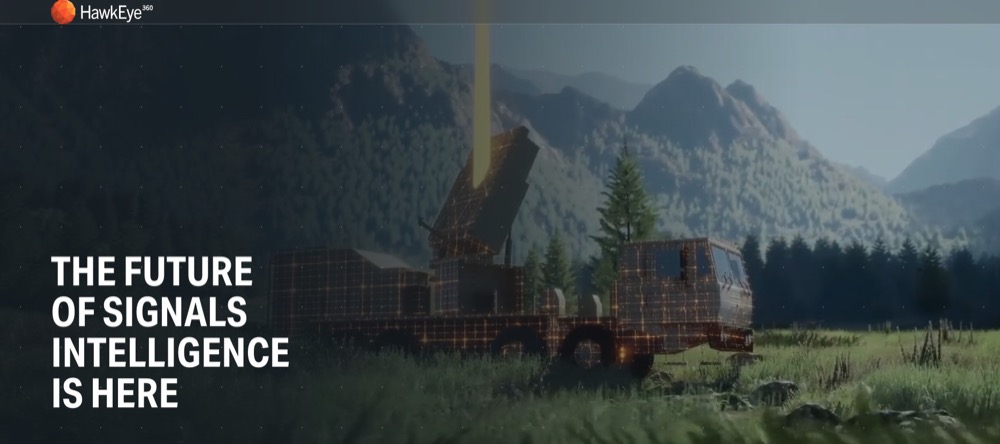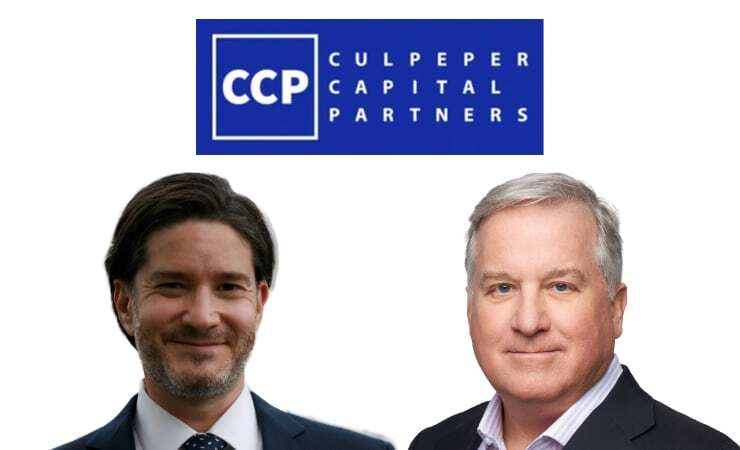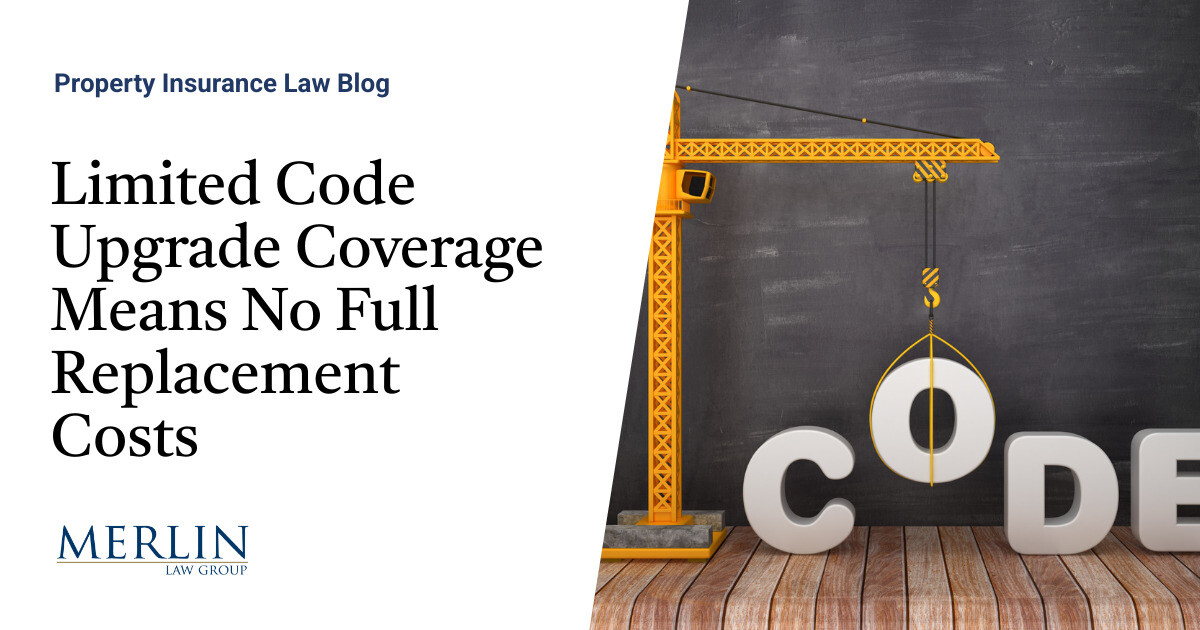He has over two decades of work in Los Angeles under his belt, and now he’s finally living his dream of making movies.
My questions and comments are in bold; Paul’s responses are in plain text.
About Paul Bales
Paul is a partner and the Chief Operating Officer at The Asylum, a production, and distribution company based in Glendale, California. The Asylum finances, produces and releases 25 films per year through its direct pipeline to its top retailers and international partners’ network.
Since its founding in 1997, The Asylum has released more than 500 films and built a library of over 250 original productions, including top-rated movie premieres for Syfy and Lifetime networks.
Before joining The Asylum, Paul was the National Director of SAGIndie, the Screen Actors Guild outreach program for independent producers.
How did you get started in your career?
My career started in a very round-about way. One of my first jobs in Los Angeles was as a Tour Guide at Universal Studios. After a year or so, I was promoted to management and ultimately was in charge of hiring all of the actors for its theme parks.
After that, I spent a few years working for a union representing magicians, jugglers, and strippers. Then I spent almost a decade at Screen Actors Guild/SAGIndie. I was getting bored, and my two friends who founded The Asylum, David Rimawi and David Michael Latt, asked me to replace their third partner, who decided to do something else.
So, after 22 years in Los Angeles, I finally started doing what I came out here to do: Make movies (albeit shitty ones).
What does a typical day look like?
I’m an early riser, so drinking usually starts at 6 am. Although the Davids and I wear many hats at The Asylum, my main responsibilities are operating the business and securing financing. I pay the bills to keep the lights on and try to keep Latt from spending all our money on hookers and blow. It’s very glamorous.
What is one thing you have learned from being successful?
It doesn’t always happen overnight.
Is there a mistake you have made starting that you wish you could change?
Settling. I think I was 19 or 20 when I got promoted at Universal. I made a pretty good living and got to do a pretty creative job, even though it wasn’t the one I wanted when I moved here from Michigan. I spent almost ten years there, and it took me another 10 to return to pursuing my original goals.
What advice would you give someone starting?
Please don’t do what I did. Contrary to popular opinion, it’s easy to find work in Hollywood, which is often financially rewarding. It’s easy to get stuck doing something that you don’t love and being well-paid for it. Decide what you want to do and pursue that, and only that… but leave yourself open to change your mind. I originally wanted to be a director but discovered that I’m a much better writer and producer.
Professionally, what are you most proud of?
Employing hundreds of people. And making “Sharknado.”
Looking back on your career, is there something you learned from the industry that you found surprising?
Quality is no guarantee of success. I’ve seen hundreds of really great scripts and movies that have either never been made or never made money. Too many people have lost their savings or gone into debt, making movies that no one will ever see. That’s fine if you’re all about the “art,” but, frankly, I’ve never met anyone who went into this business not to make money. There’s no shame in making crappy movies if it puts food on your table.
What advice would you have for people struggling to make it in the industry?
Drink more.
Do you have any tips for people trying to make it in your field?
If you’re serious about making it in the film and TV industry, you really need to move to LA.
If you could recommend a book to help people be more successful, what would it be, and why.
I rarely read non-fiction, and when I do, I rarely read books in my industry. It feels too much like homework. And I wouldn’t say I like homework.
Any upcoming projects you are working on?
We’re always working on something. We’re planning on shooting nine new movies in the first quarter of 2019 and are hopeful for the 6th Season of Z NATION and the 2nd Season of its spin-off, BLACK SUMMER.
But don’t worry. All of it will be bad.
What does your social media strategy look like; any tips?
I don’t have a Facebook page, and I have avoided Twitter for years. I didn’t see the value. I figured that eventually, everyone on these platforms would get jobs and stop participating. I finally joined Twitter to promote the last “Sharknado” film and what might be the last season of “Z Nation.” I’ve learned that the real value of Twitter is getting news in the fastest possible way… and, as long as your sources are trustworthy, that’s a pretty good thing. I’m much less happy since joining… but now I’m addicted.
Any mistakes you see people routinely make with social media?
Joining.
Where can people connect with you online?
Twitter: @undeadpaulbales
LinkedIn: paul-bales
Do you have any apps, books, or tips that you use to be more productive?
Is booze a tip?
How do you manage time?
Poorly.
What is the best advice you have received?
Be nice to everyone. Someday you may be working for them.
Do you have any advice for people that may feel discouraged about reaching their goals?
If you’re not reaching your goals in the entertainment industry, then make your own movie. Better yet, start a YouTube channel. The cost of entry is low, and if you’re really good, the industry will find you. And if they don’t, maybe you’ll still make some income on ads.
How important is fitness to success?
You’re asking the wrong guy. I believe that if you’re married, have kids, and a full-time job, and still have time to work out, one of the other three is suffering.
Do you enjoy working out? If not, how do you get motivated?
I did when I was younger. I used to run five miles a day every day. Then I had kids and got old. Now I’m just motivated to stay alive.
Do you have anything you would like to promote or tell us about?
I want to talk to you about Amway.
What is the one thing you wish everyone knew?
I hate talking on the telephone.
Anything I should ask that I have not?
“What is your social security number?”
Thank you, Paul, for this hilarious interview! Please check out Z Nation on SyFy and follow The Asylum to keep up to date on their upcoming projects!



































